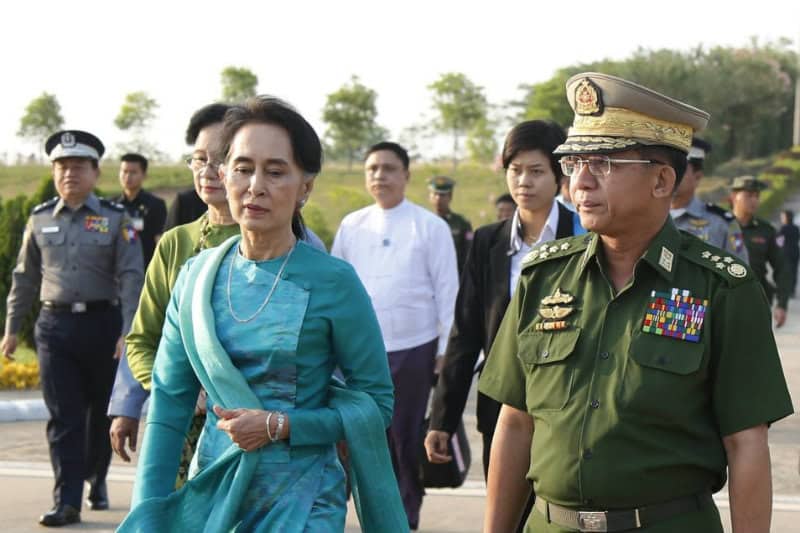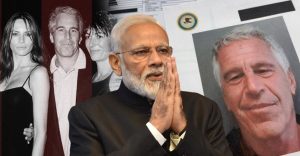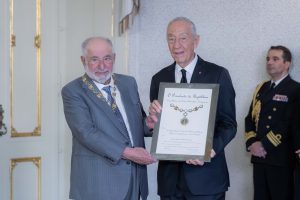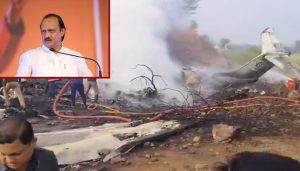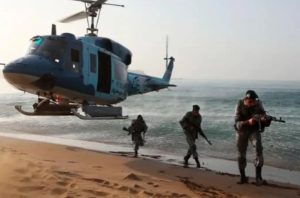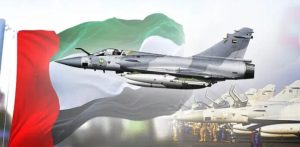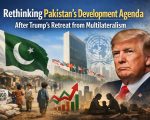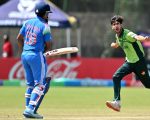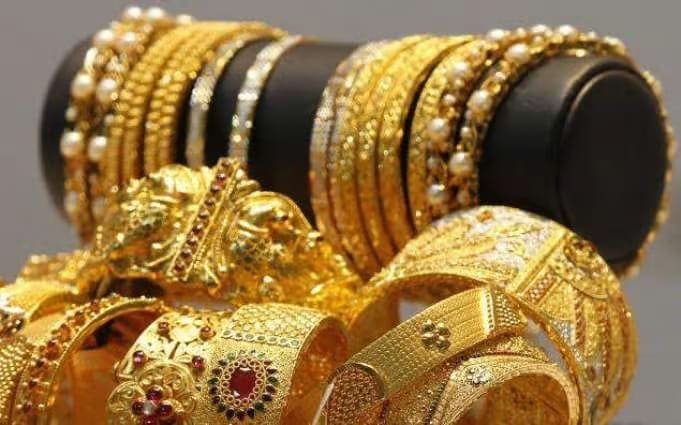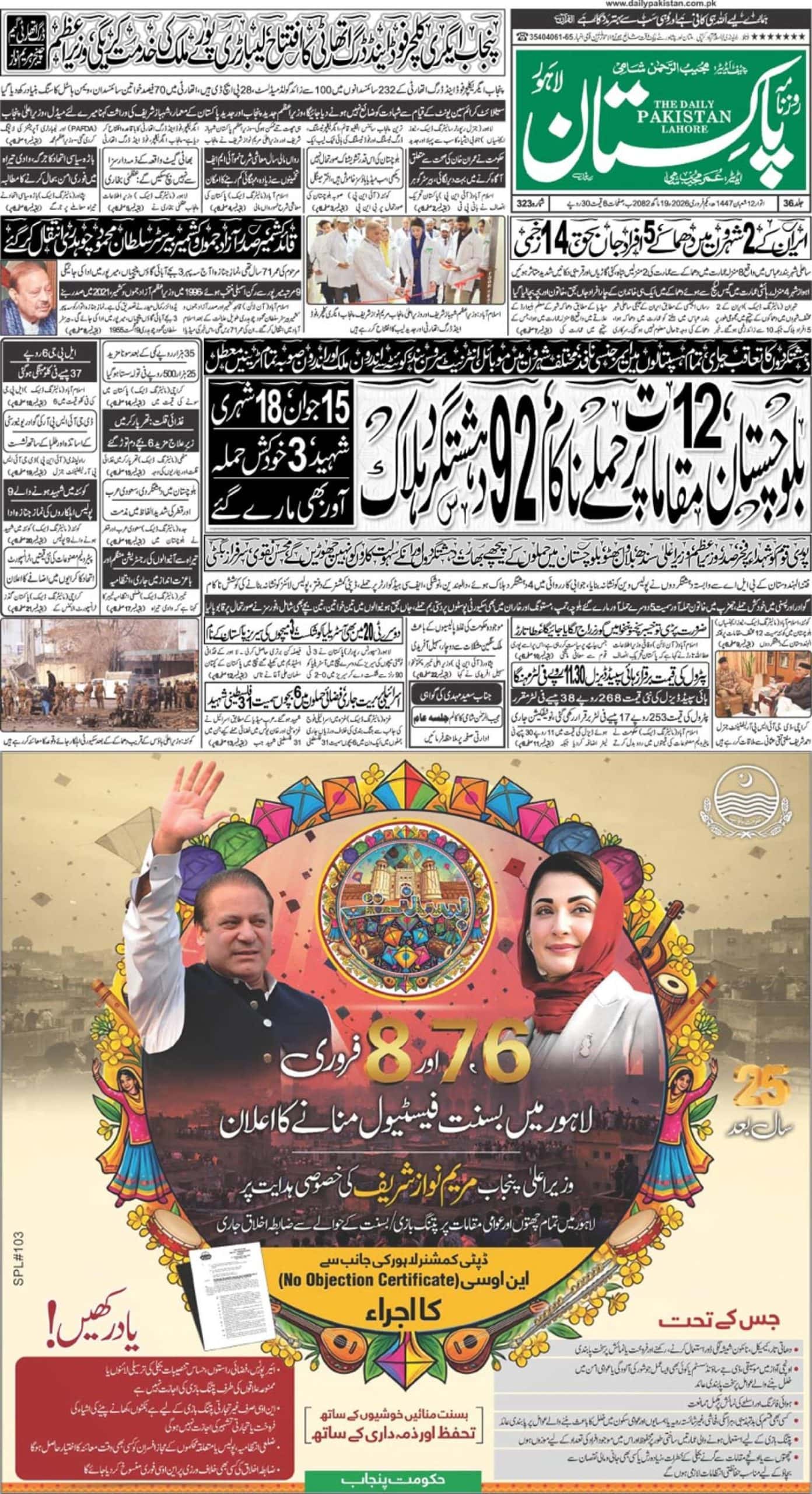WASHINGTON – Top American newspaper, The New York Times has claimed that the biggest obstacle to the release of 2 reporters in Myanmar was not military but its civilian leader Aung San Suu Kyi.
In a piece published on Friday, Richard C. Paddock has revealed how Kyi kept opposing the release of reporters who were freed recently.
U Wa Lone and U Kyaw Soe Oo, who spent over a year in detention, finally walked out of jail this Tuesday, however, Kyi had become angry when foreigners raised their case during the detention period.
The newsmen were imprisoned in connection with their coverage of the country’s crackdown on the Rohingya minority and in an interview on Japanese television, Kyi declared that they broke the law ahead of a court order.
Moreover, after their conviction, the Nobel laureate insisted that their legal appeals must be completed before she would intervene, despite evidence that they were innocent, the paper reports.
Kyi, who drew ire over the persecution of Muslims in the country, resisted Reuters news service, the United States government and other Western nations to free the pair but the international pressure finally worked out in recent weeks.
It might sound inaccurate considering Kyi’s past in mind, however, three people in the chain of communications disclose that in late April, after Myanmar’s Supreme Court upheld the reporters’ conviction, her spokesman, U Zaw Htay, quietly advised an intermediary that their families should stop filing legal appeals, clearing the way for a presidential pardon.
https://en.dailypakistan.com.pk/world/myanmar-frees-two-reuters-journalists-after-global-outrage/
After the families received his back-channel message, they dropped plans for further appeals and drafted a new pardon request, said Pan Ei Mon, Mr. Wa Lone’s wife.
The journalists were arrested in December 2017 after they uncovered a mass grave in Rakhine State – where the military is accused by the United Nations of committing genocide against Rohingya Muslims.
Ever since the release of journalists, the civilian leader has kept mum, somewhat implying that she was not that happy over the decision.
The reporters also won Pulitzer Prize while behind bars and became a symbol of the government’s attempts to suppress free speech and cover up the atrocities in Rakhine; as many as 700,00 Muslims were forced to flee the place in the wake of violence.
Ms. Aung San Suu Kyi and her party, the National League for Democracy, share power with the military, however, she is being considered the reason for delaying the release of journalists.
The daughter of the country’s founding general, Ms. Aung San Suu Kyi was awarded the Nobel Peace Prize in 1991 while under house arrest and became a symbol of resistance to tyranny with her supporters portraying her as an icon of resistance and protector of human rights.
However, another aspect of Kyi came to the light after a crackdown on free speech continued during her tenure with hundreds of people behind bars for speaking out, NYT reports.
Cause of Arrest
Mr. Wa Lone and Mr. Kyaw Soe Oo had been investigating the massacre of 10 villagers in Rakhine State and were arrested as they left a meeting with the police. One officer handed them rolled up papers, which were later believed to contain state secrets.
At trial, a police captain testified that the two had been entrapped though he was later convicted of having violated the police disciplinary code and was sentenced to a year in prison.
Other prosecution witnesses gave conflicting accounts of the arrest and contradicted the police claim that information in the papers was secret, confirming that the case related more to suppression of free speech than to the matters of national security.
Nevertheless, the court found the pair guilty in September of having violated the ‘colonial-era’ Official Secrets Act and sentenced them to seven years in prison.
Although the public perception was against the pair, international criticism and quiet pressure from diplomats prompted members of Ms. Aung San Suu Kyi’s government to seek a solution.
The simplest answer, it seemed, was for the government to free them as part of an annual general amnesty, in which thousands of prisoners are released in mid-April. But time was running short.
The Supreme Court released its decision upholding the pair’s conviction on April 23. Barely a week later, the office of the president, U Win Myint, had the families’ new pardon petition in hand.
With the legal process complete, they were pardoned in time for a third and final wave of prisoner amnesties on Tuesday.
Bill Richardson, an American statesman and former United Nations ambassador was amongst those who pushed Kyi.
When he raised the issue with her early last year, she “exploded,” he said.
“Her face was quivering, and if she had been a little closer to me, she might have hit me, she was so furious,” he recounted.
Mr. Richardson, who had long considered Ms. Aung San Suu Kyi a friend, resigned from a Myanmar advisory board on the Rohingya crisis because, he said, it was being used as “a cheerleading squad for the government.”
Moreover, the Trump administration also ramped up pressure on Kyi as Vice President Mike Pence took the lead in seeking the Reuters reporters’ freedom.
The American paper reports that in November, Mr. Pence confronted Ms. Aung San Suu Kyi about the case at a regional forum in Singapore.
Ms. Aung San Suu Kyi responded that the legal appeals process would have to conclude before any chance of presidential pardons.
During the trial, the United States ambassador to Myanmar, Scot Marciel, attended court hearings along with diplomats from other nations.
What confirms pressure from Washington is that on Tuesday, Mr. Pence, speaking at a conference, opened his speech by praising the release of the reporters and saying he hoped it “signals a positive and permanent respect for a free and independent press.”

